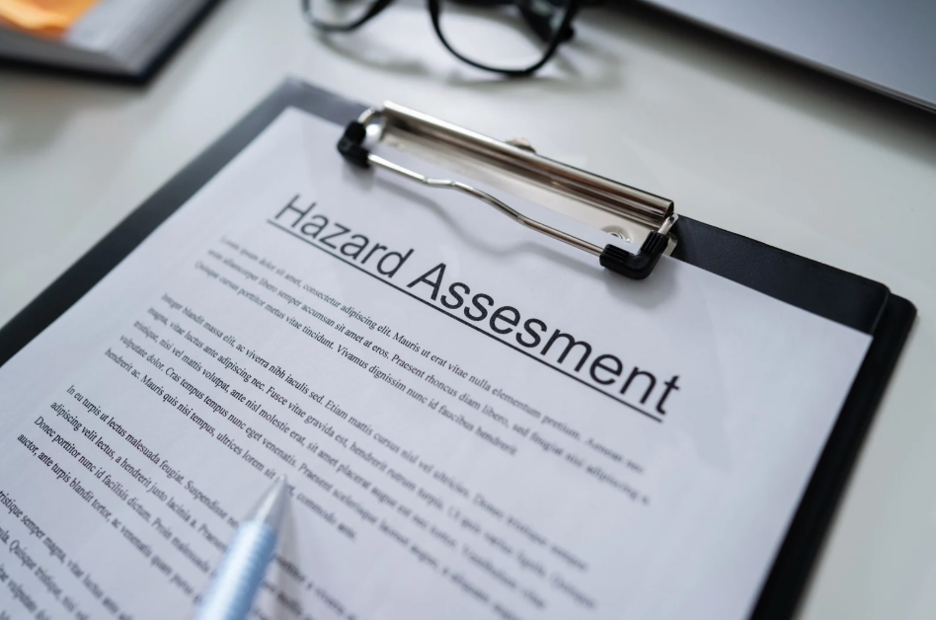HIPAA Authorizations and marketing are more important than ever as healthcare providers increasingly rely on websites, social media, and digital marketing to connect with patients and communities. Testimonials, success stories, and photos can be effective—but they also carry serious compliance risks under the HIPAA Privacy Rule.
The U.S. Department of Health and Human Services (HHS), Office for Civil Rights (OCR) recently reached a settlement with a healthcare provider that disclosed patient information online without proper authorization. This enforcement action highlights a key takeaway: a valid HIPAA authorization is required before using patient stories, photos, or protected health information (PHI) in marketing campaigns.
What Happened in a Recent OCR Enforcement Case?
OCR investigated a healthcare provider after receiving a complaint that a patient’s name, photo, and medical information were posted on the provider’s website as part of a marketing “success story.”
The investigation found that:
- Over 100 patients’ PHI was posted online without valid HIPAA authorizations
- Sensitive details such as conditions, treatments, and recoveries were disclosed
- The provider failed to maintain safeguards and issue required breach notifications
As part of the settlement, the provider agreed to pay a financial penalty, update its HIPAA compliance policies, train staff (including marketing teams), and notify all affected patients. This case demonstrated That OCR remains active in enforcing HIPAA requirements, including the Privacy, Security and Breach Notification Rules.
HIPAA Rules for Social Media and Website Marketing
Under the HIPAA Privacy Rule, PHI cannot be shared for marketing purposes unless:
- The patient has signed a written HIPAA authorization specifically permitting use in marketing
- The authorization clearly states how the PHI will be used (e.g., testimonial, photo, video)
- The authorization is stored as part of the patient’s record
OCR Director Paula M. Stannard explained:
“The internet and social media are important business development tools. But before disclosing PHI through social media or public-facing websites, covered entities and business associates should ensure that the HIPAA Privacy Rule permits the disclosure. Generally, a valid, written HIPAA authorization from an individual is necessary before a covered entity or business associate can post that individual’s PHI in a website testimonial or through a social media campaign.”
Best Practices for HIPAA Marketing Compliance
Healthcare providers can avoid costly mistakes and strengthen patient trust by embedding compliance into their digital marketing strategy. Key steps include:
- Obtain Written HIPAA Authorizations – Always secure a signed authorization before posting patient photos, stories, or testimonials.
- Train Marketing Teams – Include communications staff in HIPAA training, not just clinical employees.
- Implement Review Processes – Set up a compliance review step before publishing any patient-related content.
- Update Policies Regularly – Keep policies aligned with current marketing practices and social media platforms.
- Monitor and Audit – Regularly check websites and social media accounts for unauthorized disclosures.
- Prepare for Breach Notification – Have a response plan in case PHI is disclosed without authorization.
The Bottom Line: Patient Privacy Comes First
Patient trust extends beyond the exam room. Sharing stories, testimonials, or photos online can be a powerful way to highlight patient care, but HIPAA authorization is non-negotiable.
By ensuring compliance with the HIPAA Privacy Rule in marketing activities, healthcare organizations can:
- Avoid OCR investigations and penalties,
- Protect sensitive patient information, and
- Strengthen their reputation with patients and the community.
HIPAA marketing compliance protects both your patients and your organization.
Have Questions?
At MedSafe, we help healthcare organizations navigate HIPAA compliance through customized training, audits, and policy development. Don’t wait for an audit or breach to reveal a gap—take action now to protect your practice and your patients.
Contact us today to schedule a HIPAA compliance review or training session.
Additional Resources:



